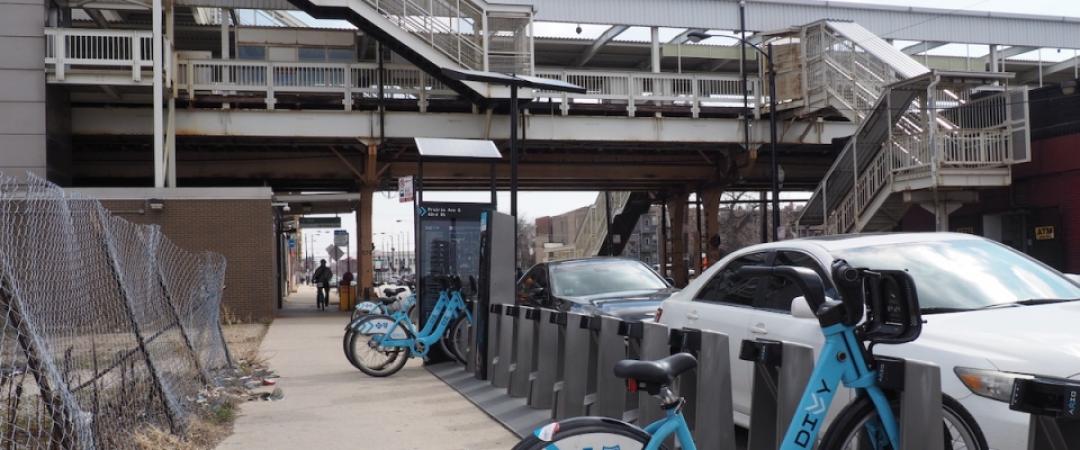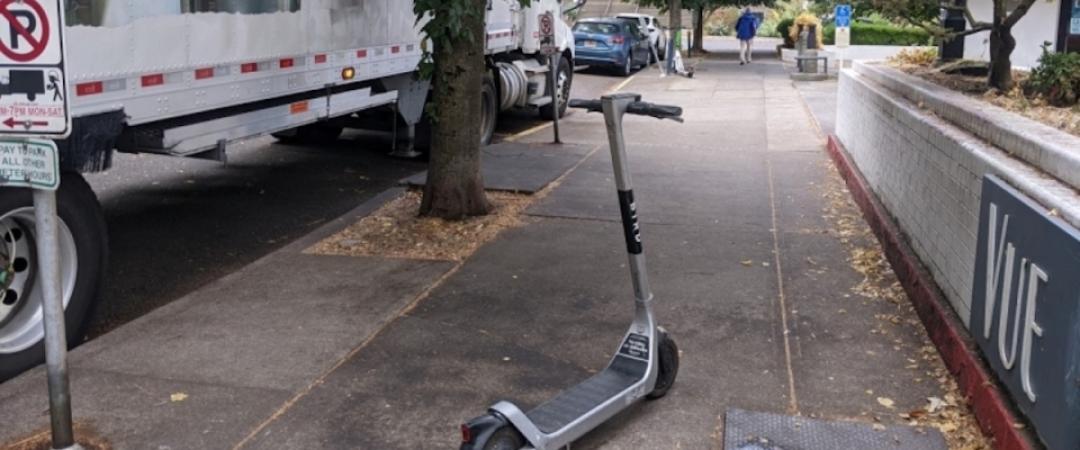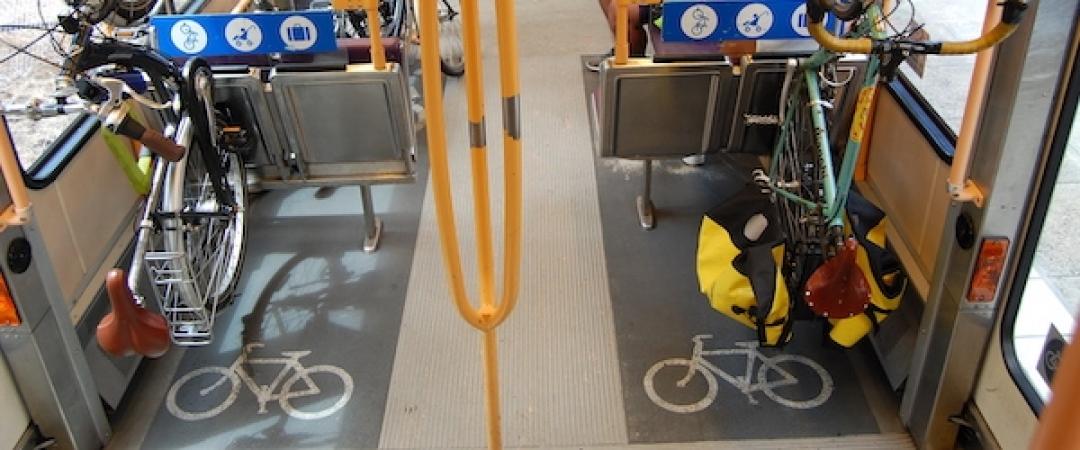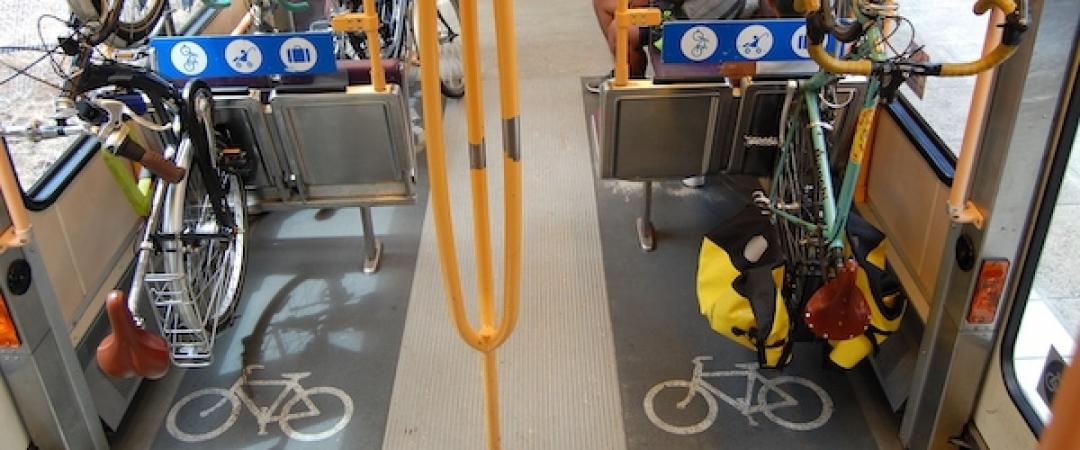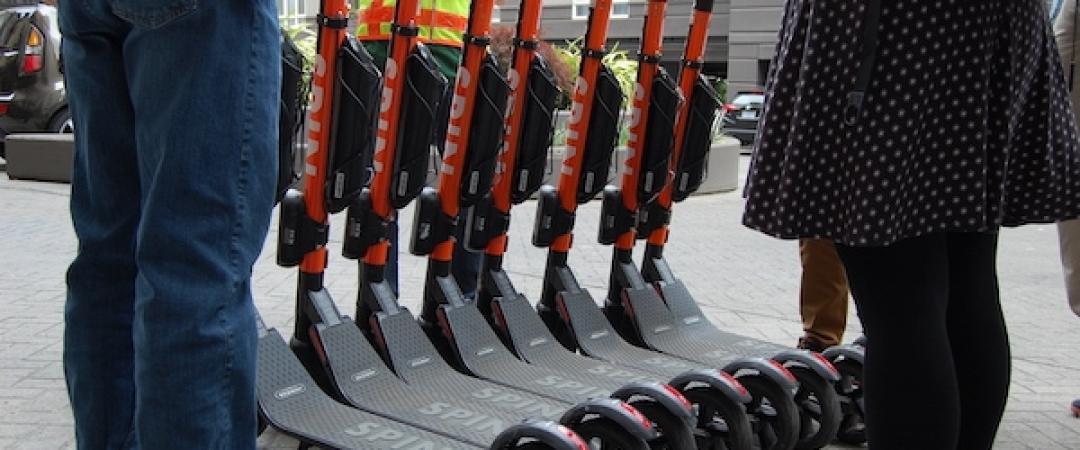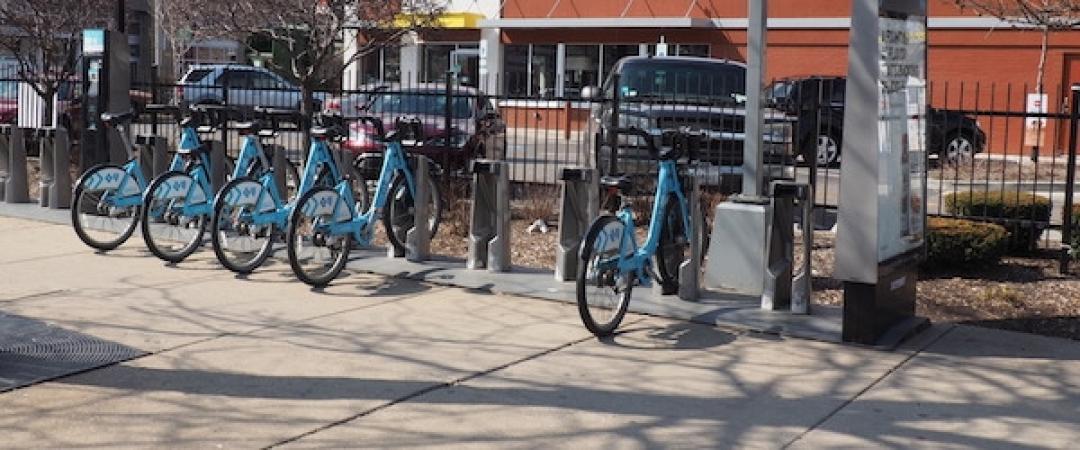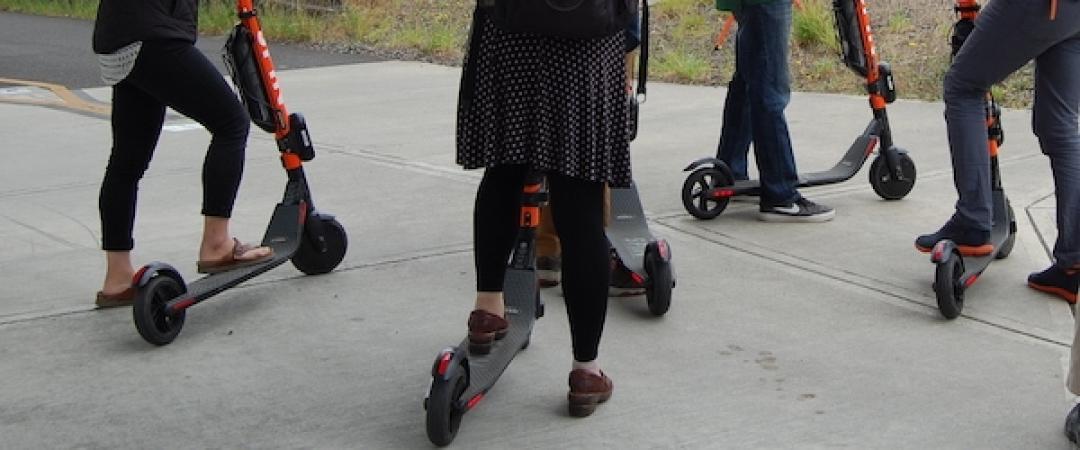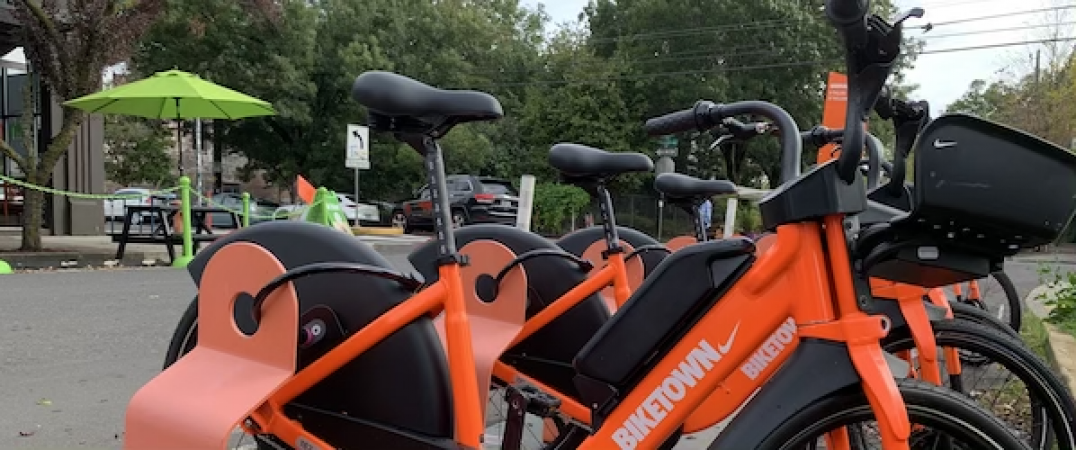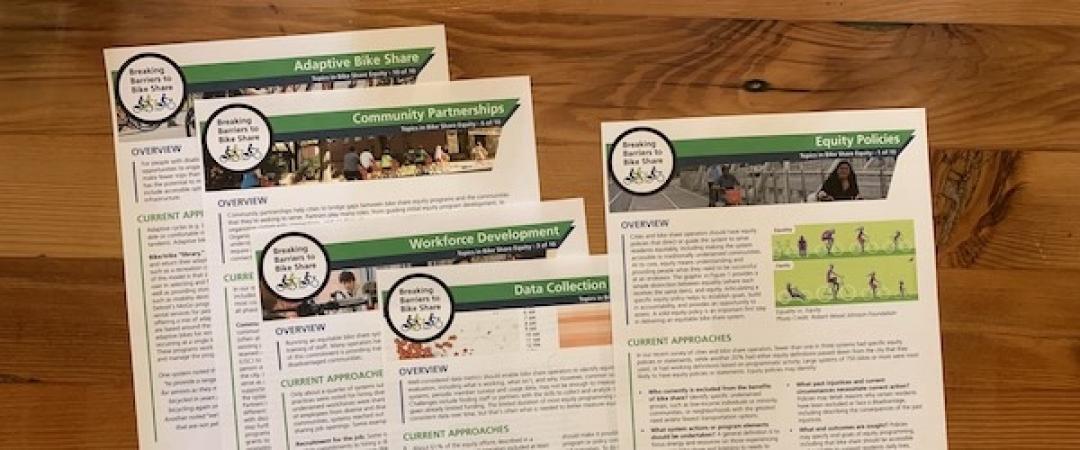Researchers Jennifer Dill, Jiahui Ma, Nathan McNeil, Joseph Broach and John MacArthur of Portland State University have published a new article in the November 2022 issue of Transportation Part D: Transport and Environment. The open-access article, "Factors influencing bike share among underserved populations: Evidence from three U.S. cities," examines bike share use and interest among lower-income residents and people of color in New York, Chicago, and Philadelphia.

